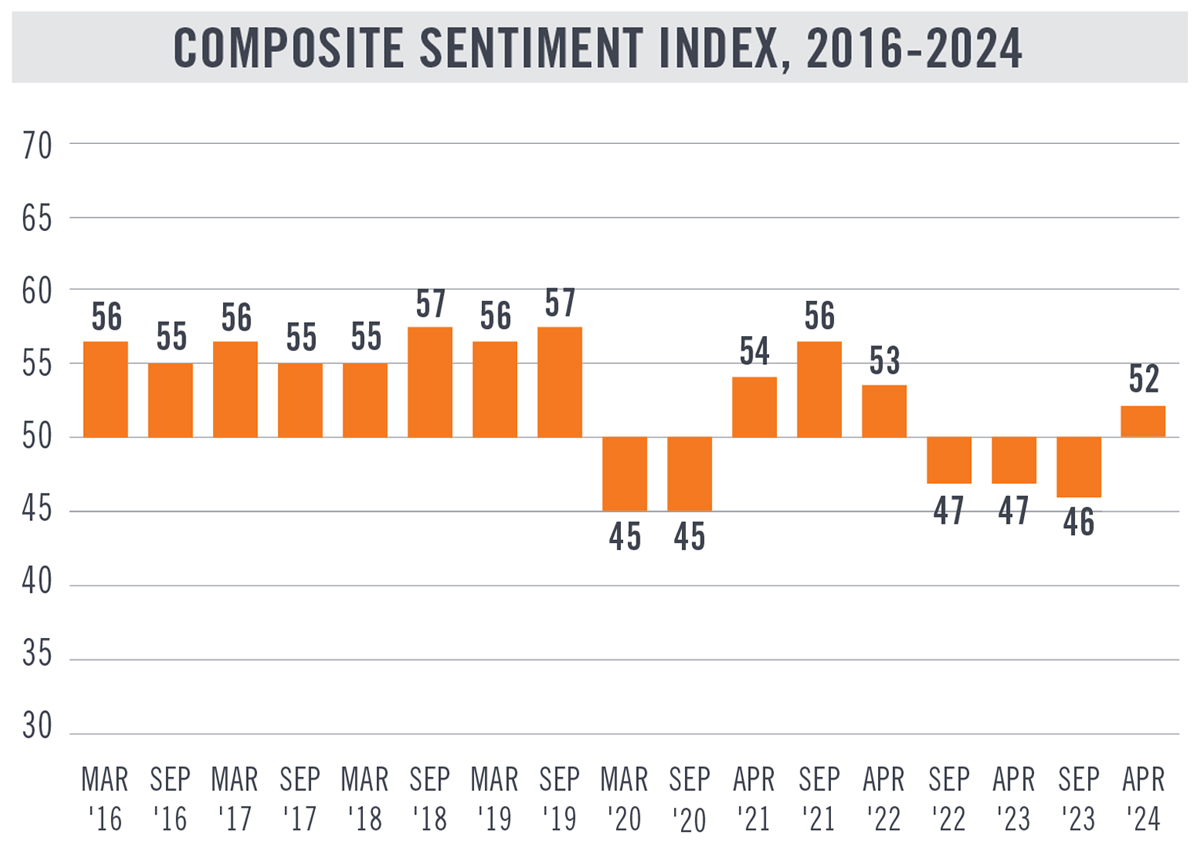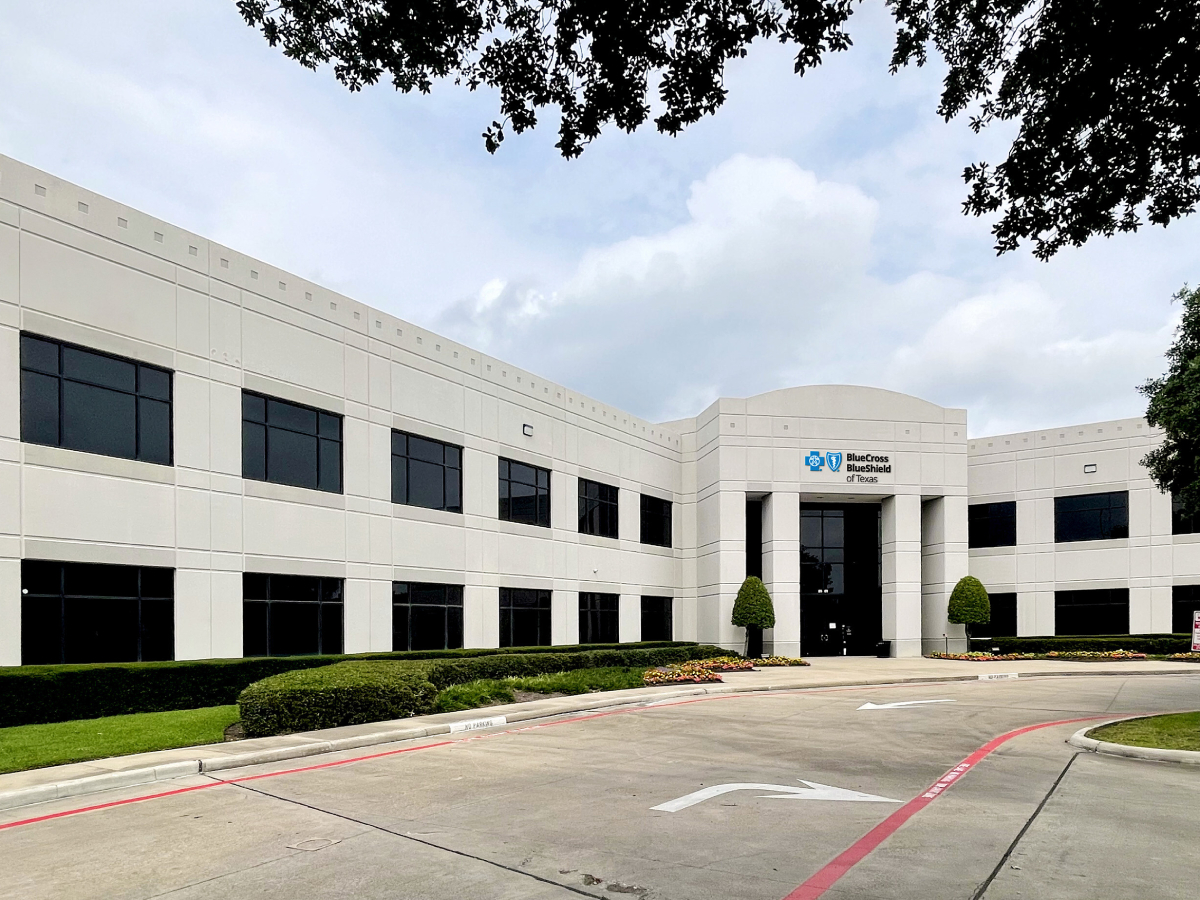ULI: Real Estate Recovery Comes Amid Rebounding Investment; Worries Abound About Debt Capital Shortfall, Europe
Although investment capital is again flowing for CRE, speakers at the Urban Land Institute's Real Estate Capital Markets Conference are concerned with relative dearth of debt capital, possible refinancing difficulties ahead and the current European economic crisis.
By Keat Foong, Executive Editor
Although investment capital is again flowing in the commercial real estate sector and aggressively seeking products, at least in select markets, it may be a tricky year ahead for the industry. Among the concerns cited by speakers at the Urban Land Institute’s recent Real Estate Capital Markets Conference held in New York are the relative dearth of debt capital, possible refinancing difficulties ahead and the current and potential effects of the European economic crisis.
The good news is that, in the words of Stephen Furnary, chairman and CEO of Clarion Partners, the U.S. commercial real estate market is improving and improving pretty nicely. Real estate values have increased—that is a fact, noted Furnary, who predicts that the improvements in NOI, rents and occupancies will continue unless there is a double dip recession in the U.S.
Commercial property delivered solid performances in 2011 and 2012, and outperformed other major asset classes, said Jacques Gordon, global strategist with LaSalle Investment Management. Cash and liquidity are abundant—there is plenty of money. Real estate prices have held up around the world, and much capital around the globe wants to get into real estate, particularly U.S. real estate, said Gordon. Transactional volume, he also noted, is approaching a new normal.
On the other hand, speakers at ULI also expressed serious concerns over the European budget crisis. Will Greece be like Lehman? I subscribe to that view, said Gordon.
In the immediate term, the European budgetary crisis is already causing disruptions in the CMBS markets although the benchmark Treasury interest rate has fallen to record lows in the mid-1 percent range. The conduit market is sensitive to credit spreads, and when Greece hiccups, it reverberates directly to what we can quote, said Greta Guggenheim, president of Ladder Capital. Guggenheim reports that as spreads have widened in the past few weeks as a result of the turmoil in Europe, the company has seen a very dramatic fall in its fixed-rate pipeline, although the floating-rate financing volume is up.
We are in a world of turmoil, said Robert S. Blumenthal, managing director at Deutsche Bank Securities Inc. We don’t know each day when we wake up [what to expect], he said. He noted that European debt crisis has spread from Greece to Spain and Italy. Blumenthal said spreads have increased to 145 basis points from 105 basis points. Lenders could pull deals due to the situation in Europe, and Blumenthal advised borrowers to quickly lock in deals if they had reasonable offers on the table. He said he thinks the situation in Europe will deteriorate further before it improves.
Another downside risk is that the low-interest-rate environment may be inflating commercial property prices. Without a doubt, low interest rates seem to be placing keeping cap rates low, agreed John Kukral, president of Northwood Investors. We are in more of a liquidity- than a fundamentals-driven recovery, added Raphael Fishbach, principal of Mesa West Capital. Commercial real estate is once again seeing the cost of debt driving asset prices, said Scott Weiner, chief investment officer of Apollo Commercial Rea Estate Finance Inc. Super low cap rates pose a potential problem for refinancing in the out years: If interest rates are higher at that time, the property’s razor-thin income margin may not be sufficient to obtain a new loan that covers the old debt. Kukral opined that interest rates are bound to rise in the future, at the same time he does not see the NOI growth that is needed to compensate for that rise in mortgage servicing costs.
The government seems to be able to inflate the prices of all real estate except those of single-family housing, quipped Weiner. All the same, Kukral said that in five to six years, real estate prices would likely appreciate, and his company tends to see or project value increases of 6 to 8 percent in good real estate in core markets. And Robert Lieber, executive managing director of Island Capital, noted that ideally, interest rate increases would be associated with an accompanying economic recovery that would also drive up NOI. However, if stagflation rears its head, interest rates could rise without a ramp up in economic growth.
Although capital is flowing again, it remains selective, and the ability of the industry to refinance maturing loans in future years remains a question with some panelists. Lieber observed that a portfolio of some $500 billion in outstanding CMBS loans will present the need for recapitalization. And Jon Brayshaw, principal of Prime Finance, said that there is a huge imbalance in the supply and demand of debt capital. He said there is $1 trillion in total debt, half of which will be maturing in future years. Even if there were 100 groups like ours, there would not be enough capital to absorb that shortfall, he said.
On the other hand, equity may come to the rescue of a possible debt capital shortage—if certain conditions are met. Bruce Batkin, president of Terra Capital Partners, noted that capital imbalance in the recapitalization arena lies on the debt side. There is a lot of equity, much of it looking for unrealistically high returns, he said. Noble Carpenter, executive managing director, principal of Cassidy Turley, affirmed that there is sufficient equity. We just need transaction flow to get going which requires the economy to recover sufficiently and regulations to be resolved.
And Robert Ivanhoe, chair, Global Real Estate Practice of Greenberg Taurig, said that if the economy recovers sufficiently, it will be easier to meet the industry’s refinancing needs. There is enough rescue capital out there assuming lenders can take losses.






